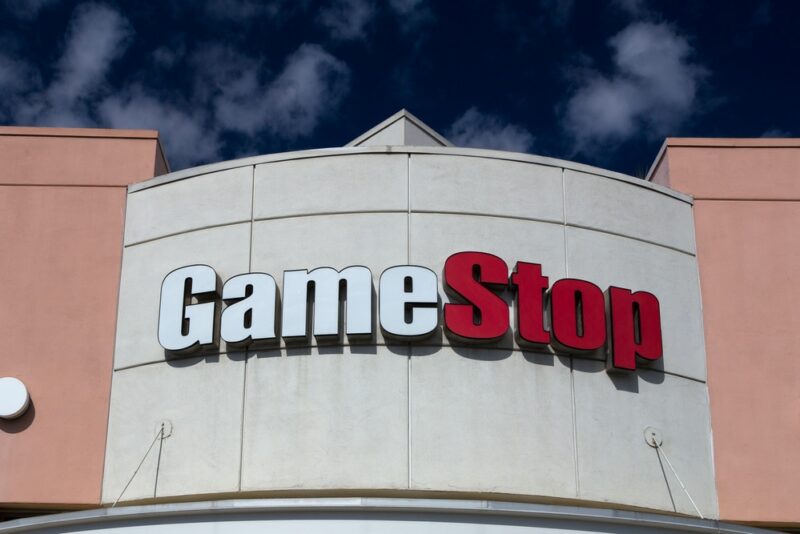The worldwide pandemic has hit many retailers hard. Rather than risk “brick and mortar” stores, many buyers have shifted the purchasing online. Suffering badly from this shift in purchasing methodology, GameStop plans on closing upwards of 450 stores this year in an effort to control losses.
Surprisingly, with all its problems, GameStop has become one of the market’s hottest stocks. The chain of stores is the focus of a David vs. Goliath battle, which is taking place between a virtual army of small investors and Wall Street goliaths. The battle shows no signs of abating and has highlighted a fundamental change in investing. The stock price has gone far beyond anything the investment community thinks it’s worth.
What’s to Talk About?
Simple question, simple answer. The price of GameStop stock has skyrocketed, and not by a few points. Over the last six months, the price went up over 8,000 percent.
That is the simple answer. A more complicated answer is that the company’s stock now features in a financial power struggle that is taking place between a large group of amateur traders and Melvin Capital, a major hedge fund. A former hedge-fund manager believes the level of activity is due to pent-up frustrations that small-time investors are locked out of lucrative opportunities, such as IPOs.
What is GameStop?
GameStop is a retailer of video games. With the majority of internet-based game sales being consummated online, along with the current concerns over exposure to Covid-19, fewer customers are showing up in the stores. Even with plans of store closure, few people expect the brand to return to growth.
Many companies are finding themselves in rough shape, GameStop is certainly not alone. Companies that are in financial difficulties will often be the subject of “short selling.” Short selling happens when big investors borrow shares of stock, which they immediately sell. Later on, they buy the stock back at a depressed price, return the stock, and pocket the difference. The investors are betting on the company failing.
Short selling is something best left to professionals as the potential for loss is significant. However, no one saw a short squeeze coming.
“The Short Squeeze”
By and large, investors adhere to the “buy low, sell high” dictum when it comes to publicly traded stocks. Short sellers, on the other hand, do the opposite. They borrow to sell stocks when the price is high and then bet on the price going down. Should this scenario play out, all well and good. If it doesn’t, and the stock price increases, they are forced to cover their position or buy additional stock.
Short sellers, often hedge funds, are for all intents and purposes betting against the company’s success. It can be very risky. All it takes is for good news or enthusiasm for the stock to turn a loser into a winner, pushing up the stock’s value. Doing so minimizes the short-seller’s profit, or causes a loss.
GameStop stocks became a topic of conversation on online trading forums. This chatter drove up interest in the stock, pushing up the price, which in turn, added impetus to buy more. It was speculation that put short-sellers into a position of needing stock when none was available. Short sellers were left with a small fortune in stock that they had purchased high but then had to offload at an even higher price.
Late last week, the volume of shares traded spiked. A short squeeze is often indicated by an increased volume of trades. Investors who had bet against GameStop had only one option, give up and take a loss.
With added media attention, the story was out, and the feeding frenzy was on.
WeInvests is a financial portal-based research agency. We do our utmost best to offer reliable and unbiased information about crypto, finance, trading and stocks. However, we do not offer financial advice and users should always carry out their own research.
Read More













